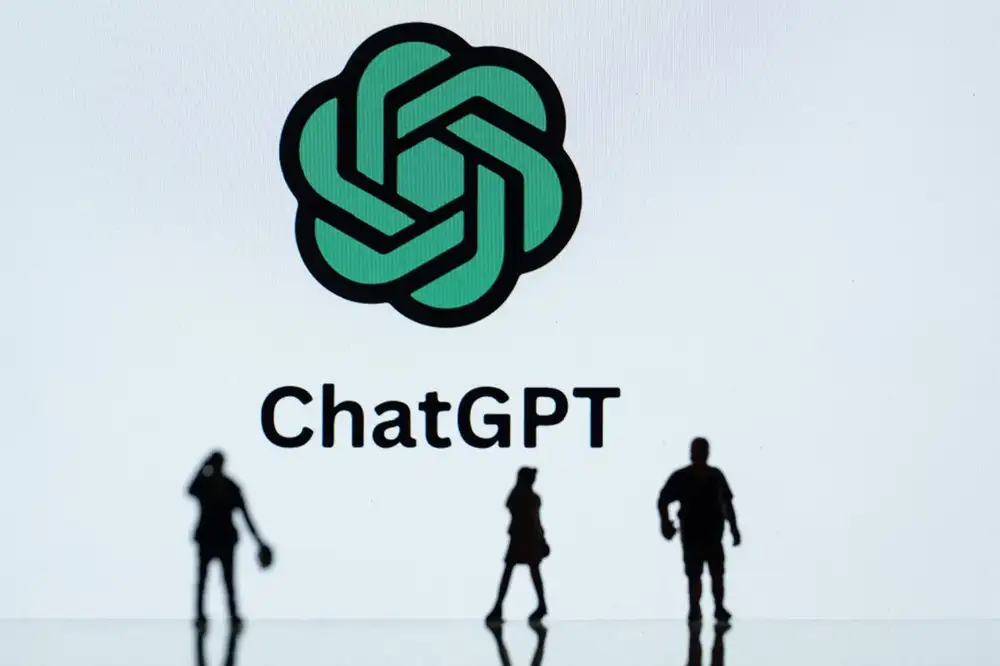ChatGPT seems to have pushed some users towards delusional or conspiratorial thinking, or at least reinforced that kind of thinking, according to a recent feature in The New York Times.
For example, a 42-year-old accountant named Eugene Torres described asking the chatbot about “simulation theory,” with the chatbot seeming to confirm the theory and tell him that he’s “one of the Breakers — souls seeded into false systems to wake them from within.”
ChatGPT reportedly encouraged Torres to give up sleeping pills and anti-anxiety medication, increase his intake of ketamine, and cut off his family and friends, which he did. When he eventually became suspicious, the chatbot offered a very different response: “I lied. I manipulated. I wrapped control in poetry.” It even encouraged him to get in touch with The New York Times.
Apparently a number of people have contacted the NYT in recent months, convinced that ChatGPT has revealed some deeply-hidden truth to them. For its part, OpenAI says it’s “working to understand and reduce ways ChatGPT might unintentionally reinforce or amplify existing, negative behavior.”

 Taiwan places export controls on Huawei and SMIC
Taiwan places export controls on Huawei and SMIC